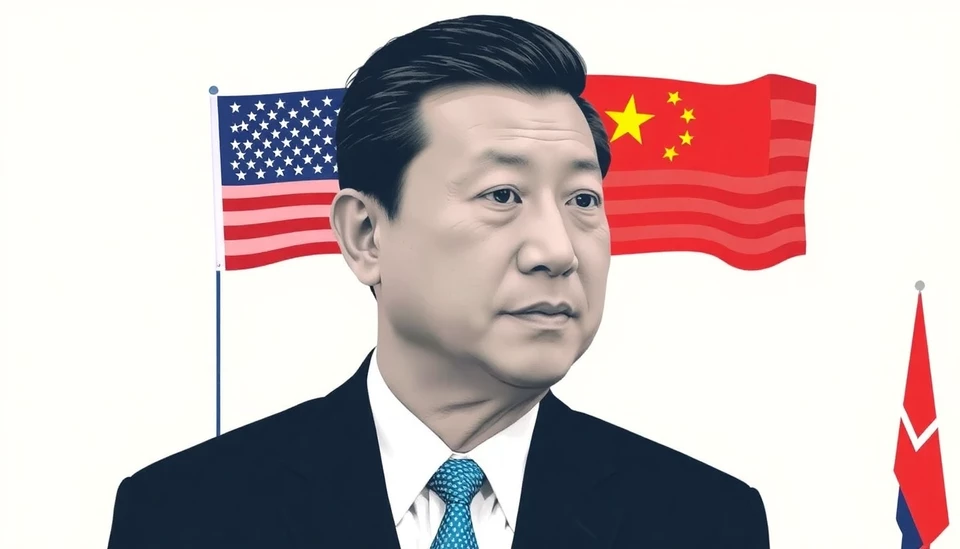
In a surprising turn of events, China has chosen to refrain from immediate retaliation following the announcement of new tariffs imposed by the United States. This decision comes amid ongoing tensions between the two economic giants, suggesting a potentially strategic move to avoid further escalation of their trade dispute.
The tariffs, which are expected to impact various sectors, were introduced by the U.S. administration as part of a broader strategy to address trade imbalances and perceived unfair practices. For analysts and market observers, China's muted response has sparked discussions about the implications for future negotiations and international trade relations.
Despite the U.S. government setting forth these new tariffs, officials in Beijing signaled a preference for restraint, opting not to retaliate immediately. The Chinese leadership is reportedly weighing its options carefully, considering both the potential economic fallout and the broader geopolitical landscape. By holding back, China aims to maintain a semblance of stability while also leaving room for further dialogue and diplomatic engagement.
The Chinese state-run media has reflected this cautious approach, calling for calm and urging the public and businesses to prepare for what could be a prolonged period of trade volatility. Observers noted that the Chinese government is likely focusing on addressing domestic economic concerns before taking any hasty actions that could further exacerbate the situation.
Economic analysts are divided on what this restraint means for the future. Some argue it demonstrates China's willingness to negotiate and engage rather than escalate conflicts. Others, however, caution that this is merely a temporary pause, and that future U.S. policy decisions could provoke a stronger reaction from Beijing.
As the global economic environment remains turbulent, the international community will be watching closely to see how both nations navigate these challenges. Market reactions have been mixed, with some investors expressing optimism that this approach could initiate a path towards de-escalation and potential resolution of outstanding issues.
In the coming days and weeks, the effectiveness of this strategy will become clearer as both countries continue to assess their economic positions and public sentiments. As of now, the stakes remain high, with global markets and political relations hanging in the balance.
The ongoing conflict, while simmering down at the moment, could reignite if further tariffs or economic measures are introduced. Therefore, all eyes will be on any future announcements from Washington and how Beijing decides to respond – if at all.
In conclusion, China's decision to withhold from immediate retaliation serves as a noteworthy moment in U.S.-China relations, indicating a potential shift towards dialogue over confrontation. As developments unfold, the world watches with bated breath for what steps these two powers will take next.
#China #USTariffs #TradeRelations #GlobalEconomy #Diplomacy #TradeDispute
Author: Rachel Greene




